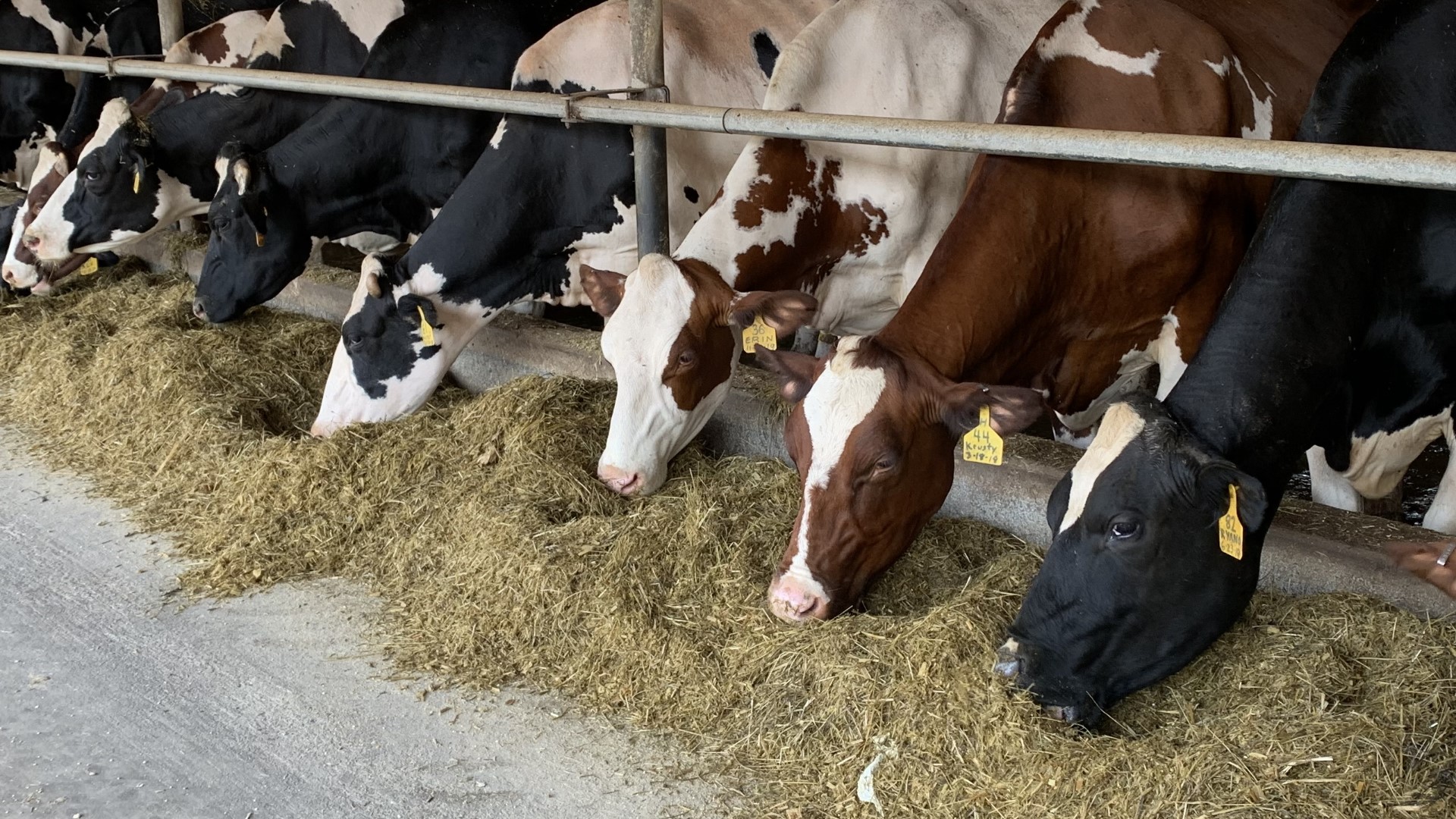CARLISLE, Pa. — The Food and Drug Administration said on Wednesday that traces of the bird flu virus (H5N1) have been found in pasteurized milk.
While some samples of pasteurized milk have come back positive for remnants of bird flu, the agency says the virus is not harmful to people.
The FDA said pasteurization is a process that kills harmful bacteria and viruses by heating milk to a specific temperature for a set period of time to make milk safer. Even if a virus is detected in raw milk, pasteurization is generally expected to eliminate pathogens to a level that does not pose a risk to consumer health.
The samples with the virus come after a national outbreak of the virus among dairy cows, originating on a dairy farm in Texas.
However, local experts say the risk in Pennsylvania is minimal.
"Although the virus has infected people, previous infections have not spread efficiently from human to human," said Dr. John Goldman, an infectious disease expert at UPMC. "The current risk of bird flu in our region is low."
The FDA says that only 8 states are seeing their cows infected with the virus. Pennsylvania is not one of them.
However, local dairy farms are still taking the precautions. They say that central Pennsylvania is a unique region with multiple paths of migrating birds and must stay on alert for infections.
The USDA recommends mandatory testing for movement of dairy cattle:
- Prior to interstate movement, dairy cattle are required to receive a negative test for Influenza A virus at an approved National Animal Health Laboratory Network (NAHLN) laboratory.
- Owners of herds in which dairy cattle test positive for interstate movement will be required to provide epidemiological information, including animal movement tracing.
- Dairy cattle moving interstate must adhere to conditions specified by APHIS.
- As will be described in forthcoming guidance, these steps will be immediately required for lactating dairy cattle, while these requirements for other classes of dairy cattle will be based on scientific factors concerning the virus and its evolving risk profile.

